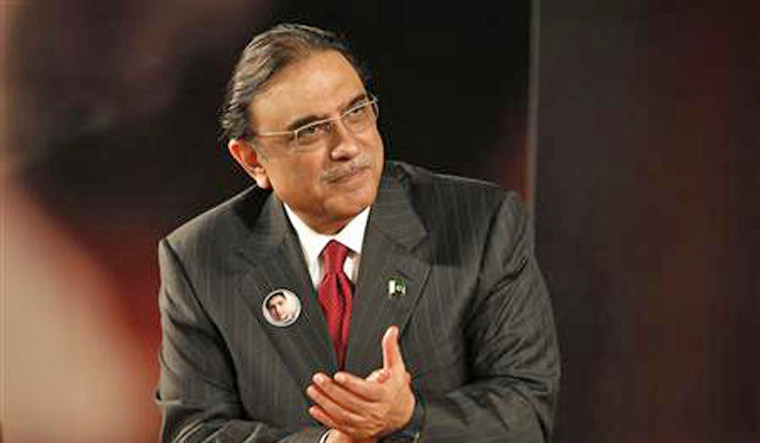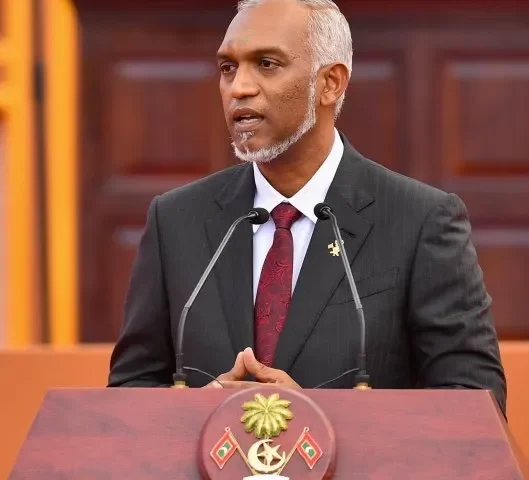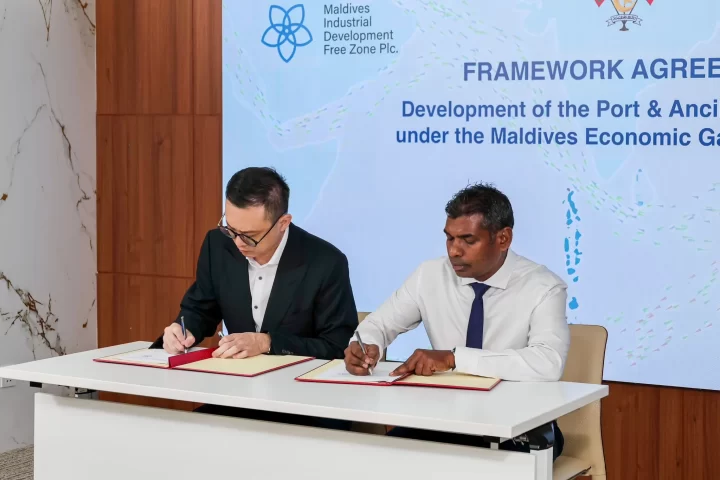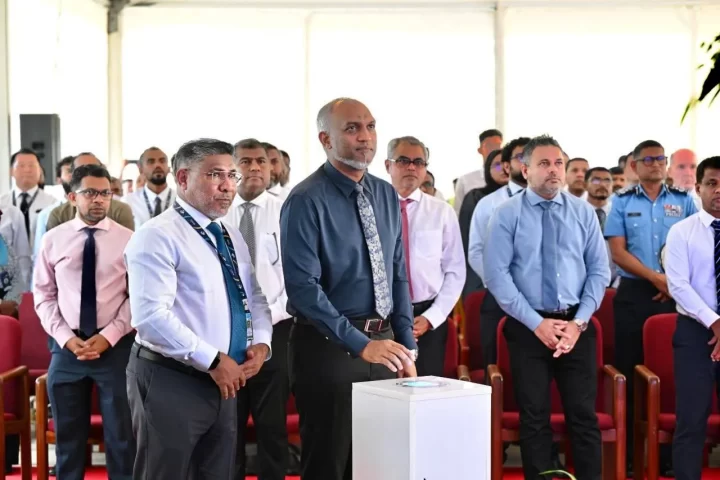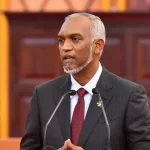Pakistan’s newly installed President, Asif Ali Zardari, made a striking declaration on March 13th, foregoing his presidential salary in a symbolic move to alleviate the economic strains gripping the nation. Zardari’s decision, announced just days after his inauguration as the 14th President of Pakistan, underscores his commitment to prudent financial stewardship and alleviating the burden on the national treasury, as per a statement from his Pakistan Peoples Party (PPP).
“The President considered it essential not to burden the national exchequer and preferred to forgo his salary,” the President Secretariat Press Wing highlighted in a press release on Tuesday, elucidating Zardari’s rationale behind the unprecedented step.
Zardari’s gesture holds particular weight given his substantial personal wealth, making him one of Pakistan’s wealthiest politicians. His decision to eschew the presidential salary, a monthly sum of Rs 8,46,550, stands as a significant departure from the norm.
In a parallel display of solidarity, Interior Minister Mohsin Naqvi announced his intention to follow Zardari’s lead, relinquishing his salary during his tenure in acknowledgment of the economic challenges besieging the country. “In these challenging times, committed to supporting and serving our nation in every possible way,” Naqvi affirmed in a social media post, echoing Zardari’s sentiment.
The economic predicament facing Pakistan looms large, with soaring commodity prices and mounting debt exacerbating the nation’s financial woes. The urgent need for a fresh infusion of funds, exemplified by a recent $1 billion disbursement from China, underscores the gravity of the situation.
Prime Minister Shehbaz Sharif, grappling with the arduous task of steering the country through these turbulent economic waters, emphasized the paramount importance of reining in inflation and stabilizing essential commodity prices. Addressing his newly appointed cabinet, Sharif stressed the imperative for decisive action, characterizing the current moment as a crucible for the government’s resolve.
“Deep surgery is needed as antibiotics will not work,” Sharif asserted, underscoring the necessity for bold, proactive measures to address Pakistan’s economic malaise. Toward this end, the cabinet swiftly approved restrictions on the export of onions and bananas, a pragmatic step aimed at mitigating domestic price volatility.
As Pakistan confronts these formidable economic challenges, Zardari’s gesture and Sharif’s resolute leadership underscore a concerted effort to navigate the nation through troubled waters, fostering hope for a brighter economic future amidst adversity.
